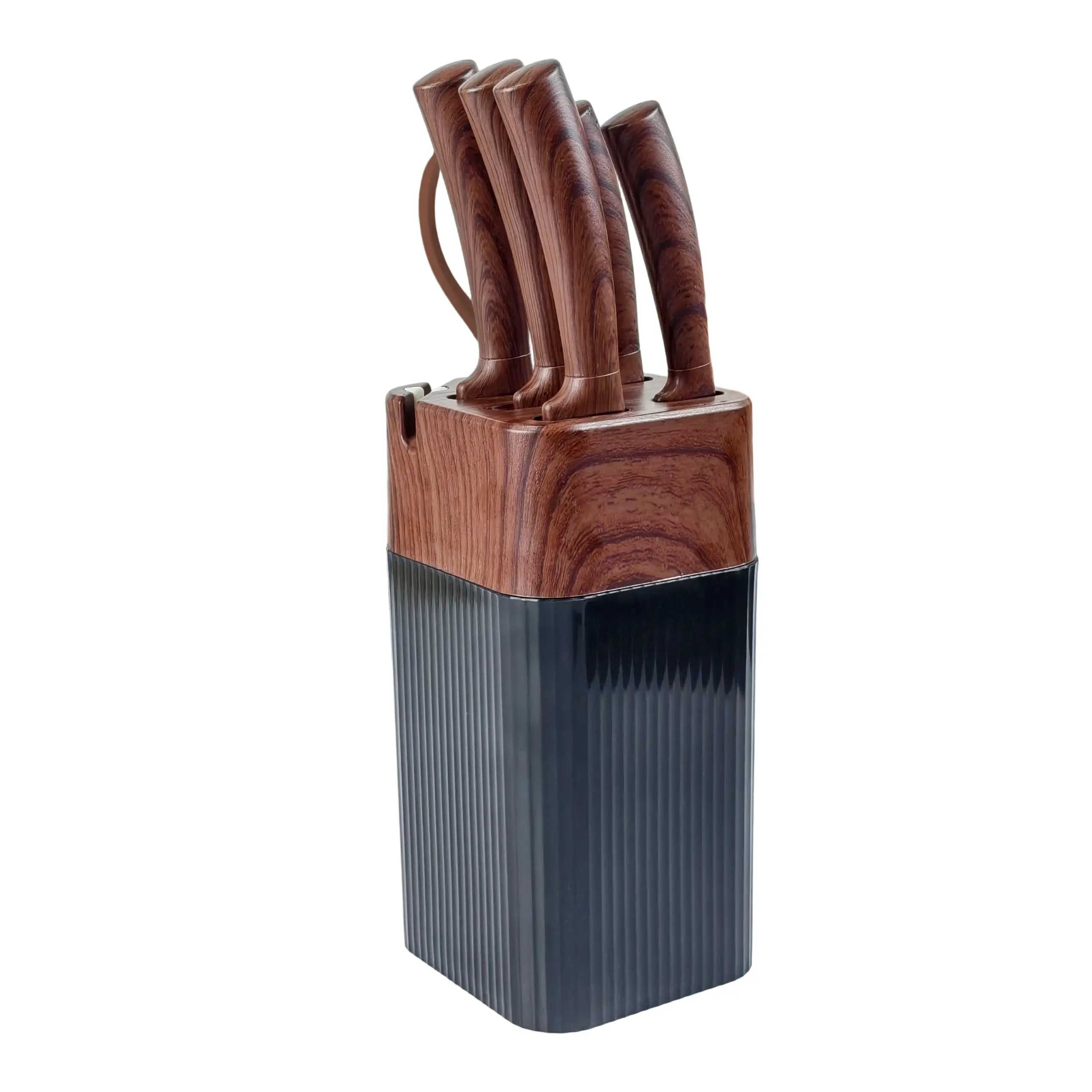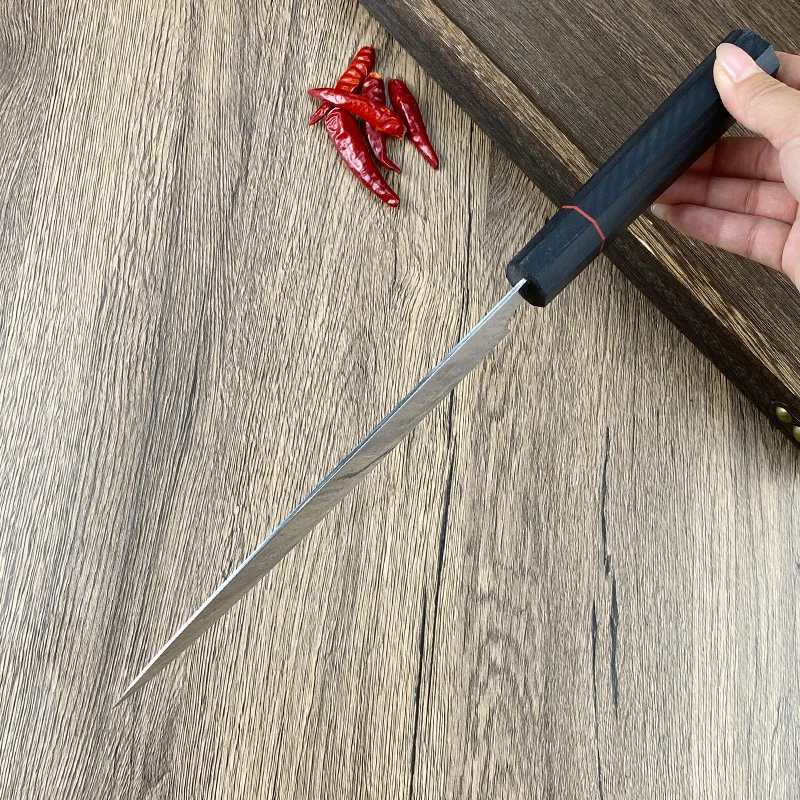bob@nbdho.com
What Kind of Content Do B2B Buyers Expect from a Cutlery Supplier
What Kind of Content Do B2B Buyers Expect from a Cutlery Supplier?
B2B buyers in the cutlery industry are discerning professionals who rely heavily on quality content to evaluate suppliers and make purchasing decisions. Understanding their expectations helps suppliers create valuable materials that build credibility and facilitate smooth transactions.
1. Detailed Product Information
Buyers expect comprehensive data on product specifications including:
-
Material grades (e.g., 304 vs 430 stainless steel)
-
Dimensions, weight, and finish options
-
Certifications and compliance with food safety standards
-
MOQ (Minimum Order Quantity) and pricing tiers
2. Customization and Private Label Options
Information about customization capabilities is crucial, such as:
-
Logo engraving or embossing services
-
Packaging options for branding
-
Design flexibility and minimum order requirements
3. Manufacturing and Quality Assurance
Buyers want transparency on:
-
Production processes and factory capabilities
-
Quality control procedures and certifications (ISO, FDA, etc.)
-
Inspection and testing protocols
4. Case Studies and Testimonials
Real-world examples and client feedback demonstrate reliability and help buyers trust the supplier’s expertise and service quality.
5. Supply Chain and Logistics Information
Clear details about shipping methods, lead times, order fulfillment, and after-sales support reassure buyers about timely delivery and partnership stability.
6. Industry Insights and Trends
Content covering market trends, sustainable materials, and innovation helps buyers stay informed and positions the supplier as an industry leader.
7. Educational Resources
Guides, FAQs, and blog posts that help buyers understand cutlery materials, care, and applications enhance buyer confidence and reduce purchasing friction.
Conclusion
B2B buyers expect cutlery suppliers to provide transparent, detailed, and relevant content that addresses product specifics, customization, quality assurance, logistics, and industry knowledge. Meeting these expectations builds trust, simplifies buying decisions, and fosters long-term business relationships.


